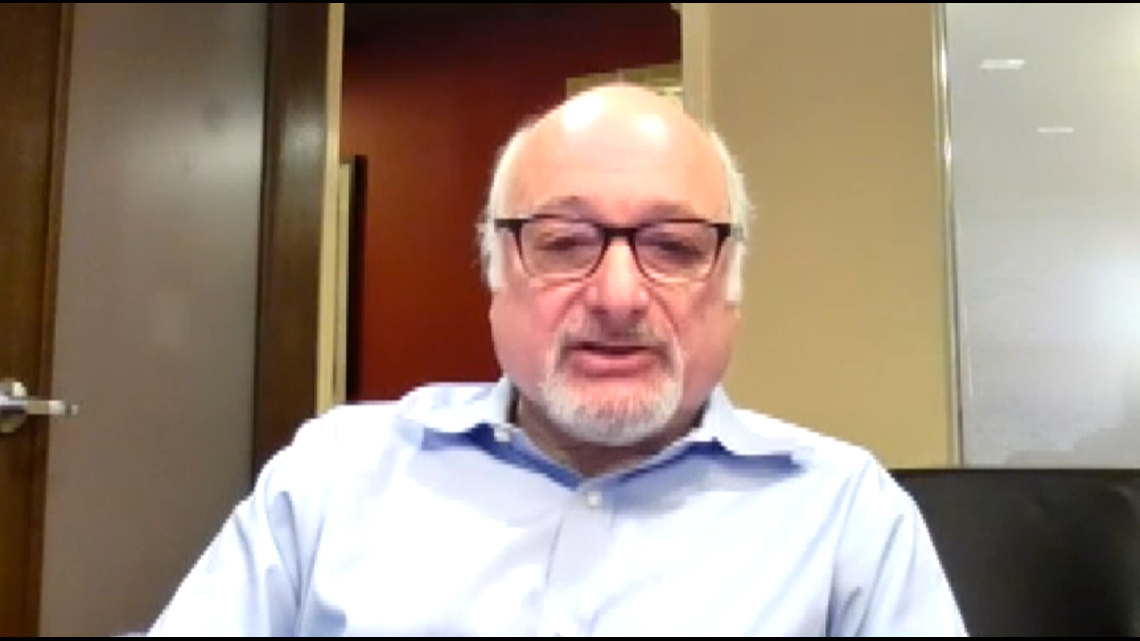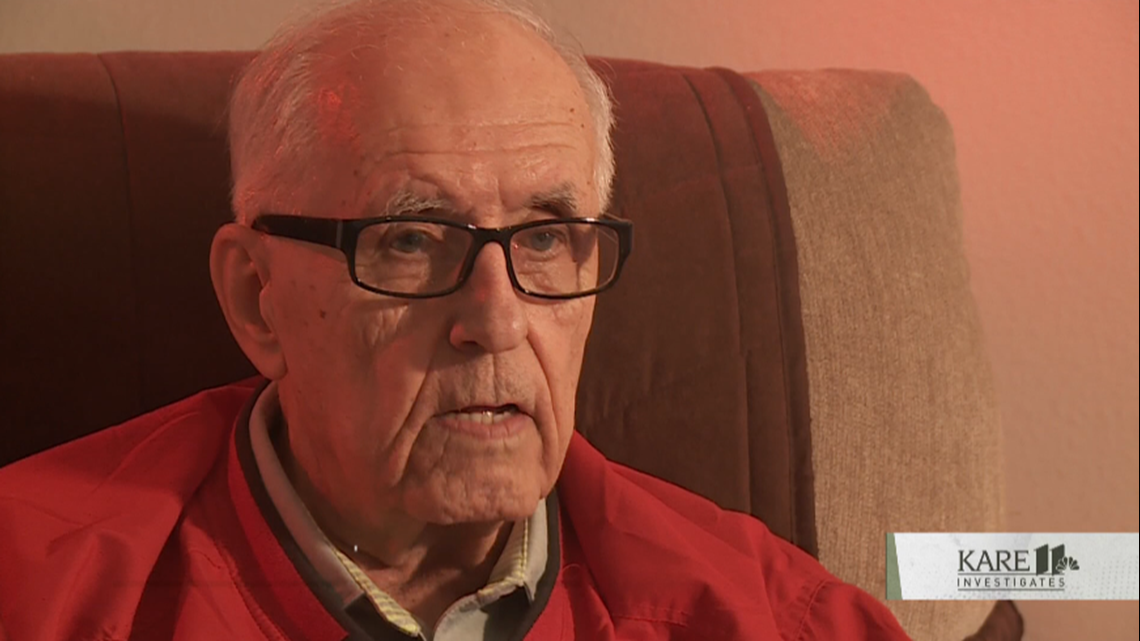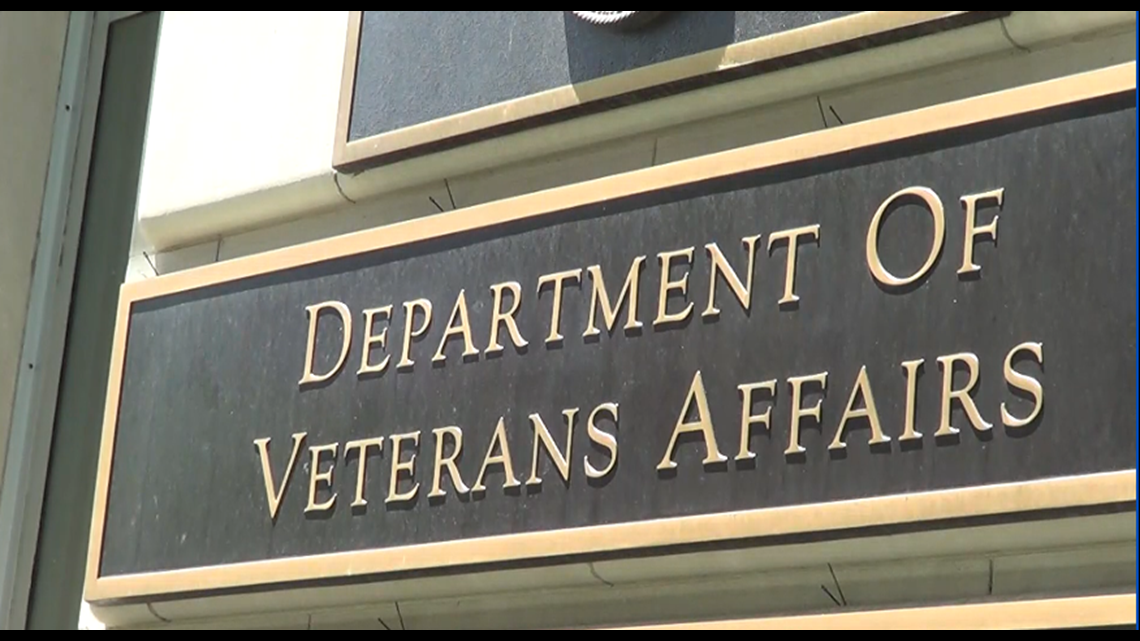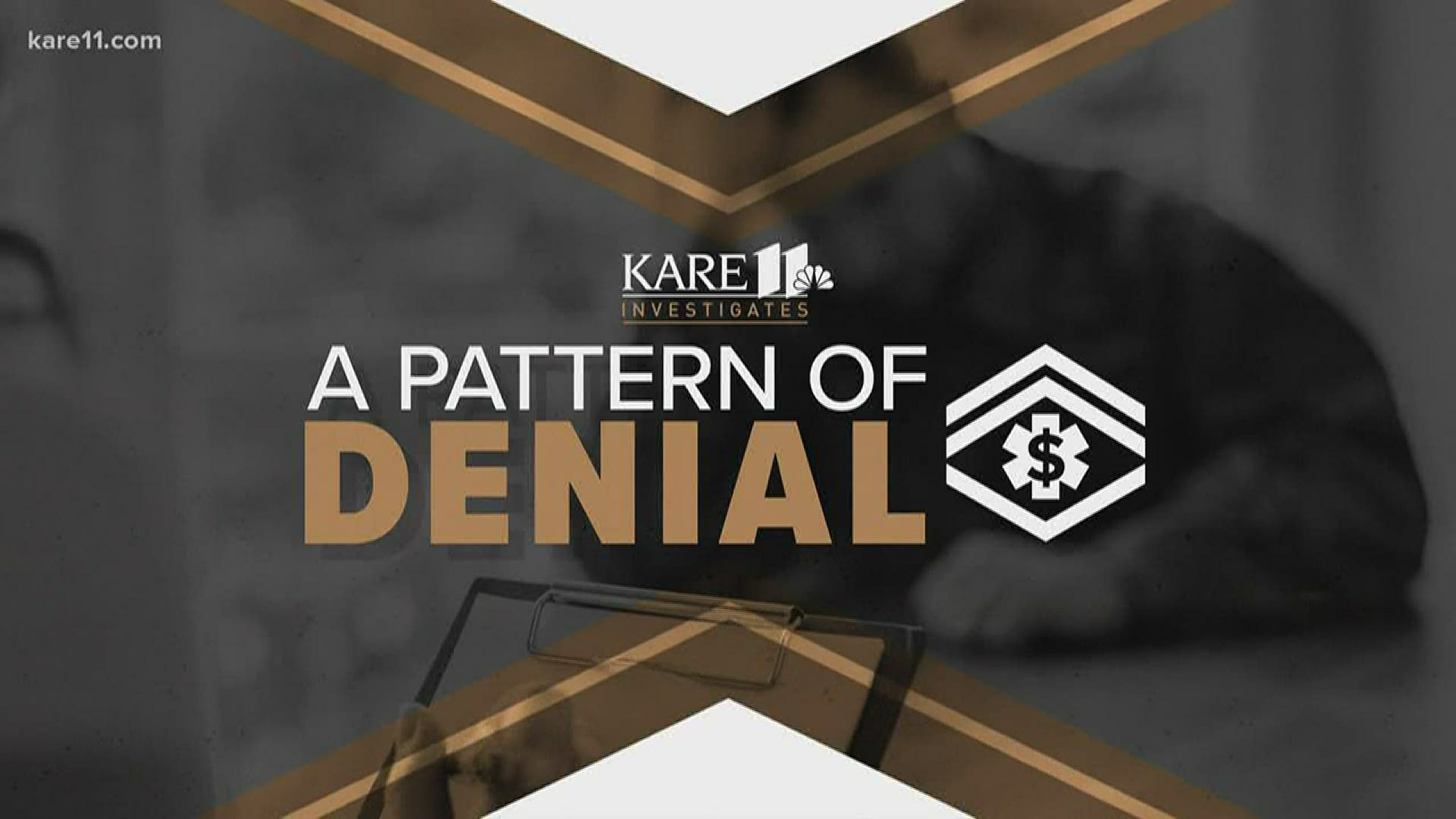WASHINGTON D.C., DC — The Department of Veterans Affairs is in the process of sending out more than a million letters to veterans across the country who were denied financial relief after visits to emergency rooms.
VA was ordered to begin sending the letters by a federal appeals court to notify veterans the VA had misinformed them about their rights to reimbursement for emergency medical expenses.
“These are corrective letters,” said attorney Bart Stichman, Executive Director of the National Veterans Legal Services Program (NVLSP). “They correct misinformation the VA gave to these claimants when they filed their claims over the last couple years.”
In a class action lawsuit filed by NVLSP, the U. S. Court of Appeals for Veterans Claims (CAVC) ruled last fall that the VA had violated federal law when it issued a rule involving ER bills. That rule blocked reimbursements for many veterans who went to non-VA hospitals during an emergency.
In a blistering critique, a three-judge panel labeled the VA’s position “flimsy” and “thoroughly unpersuasive.”


During an earlier hearing in the case known as Wolfe v. Wilkie, the court cited KARE 11’s Pattern of Denial investigation to blast the VA for “doing everything it could” to limit ER bill reimbursements to veterans.
“All of this is unacceptable,” wrote Judge William S. Greenberg in the majority opinion which ordered the VA Secretary to “readjudicate these reimbursement claims.”
In addition to the notification letters, the judges ordered VA to reexamine more than 72,000 rejected claims and update their rules, arguing the department has a responsibility to cover the costs of the unexpected medical visits.
“We think there are billions of dollars worth of reimbursements that the VA is not paying out,” Stichman told KARE 11.
The VA has estimated it could cost between two and six billion dollars if it has to comply with the court’s ruling to pay back veterans.
With many veterans facing new debts and financial insecurities because of the COVID-19 crisis, the reimbursements could be good news. “At a time in which they really need this compensation, this reimbursement, because of what’s going on with the virus,” Stichman said.
Minnesota Veteran Played Key Role
The class action lawsuit alleged VA failed to follow the law – and an earlier court ruling – requiring the government to reimburse veterans for emergency medical bills not already covered by insurance.
The earlier ruling is known as the “Staab” case. It was a landmark court decision in 2016 involving the Emergency Care Fairness Act (ECFA) passed by Congress and signed by President Obama.


The case involved a St Cloud, Minnesota veteran and struck down the VA’s policy of denying reimbursement of emergency medical bills to veterans if their third-party insurance covered any portion of the care.
However, in May 2019, a KARE 11 investigation revealed that 86-year-old Richard Staab still had not been reimbursed for the nearly $48,000 he paid out of pocket for his care.
Referencing KARE’s reporting from the bench during a hearing, Judge Greenberg exclaimed,“Three years! Nothing’s happened! Not a dollar! What do we have to do?”
Richard Staab’s story actually began 10 years ago. In 2010, the then 77-year-old suffered a heart attack and stroke. He was rushed to a nearby hospital in St. Cloud and had open-heart surgery.
“That heart of mine was pounding so bad, I’m lucky I’m still alive I guess,” Staab told KARE 11.
Medicare covered a portion of his treatment, but Staab says he was ultimately left with about $48,000 in out-of-pocket expenses for his hospitalization and recovery.
A U.S. Air Force veteran who enlisted during the Korean War, Staab typically relied on the VA for care. So, he submitted a claim for the outstanding balance to the St. Cloud VA, expecting to be reimbursed.
To his surprise, his claim was denied.
As a result, Staab says he had to clean out his life savings to cover the unpaid bills. “Goes down, you know,” he said of his finances.
The VA denied his claim citing an internal regulation authorizing reimbursement only if the “veteran has no coverage under a health-plan contract for payment or reimbursement, in whole or in part, for the emergency treatment.”
Because Staab’s expenses were partially covered by Medicare, the VA denied his claim for the remaining amount.
Staab and his attorney Jacqueline Schuh appealed to the St. Cloud VA twice but were denied both times. They lost again when they took his case to the Board of Veterans Appeals.
“We didn’t give up,” said Schuh.
With the help of the National Veterans Legal Services Program (NVLSP), they took the case to the U.S. Court of Appeals for Veterans Claims, arguing that the VA regulation used to deny Staab’s claim violated the Emergency Care Fairness Act.
“The denial was based upon the internal rule that the VA had been enforcing since 2010,” Schuh said. “But the internal rule was inconsistent with the law.”
When is a veteran “personally liable”?
When Congress passed the Emergency Care Fairness Act, it required the VA to cover a qualified veteran’s emergency medical bills if the veteran was “personally liable.”
Schuh and the NVLSP attorneys argued the law required VA to step in as a “secondary payer” when other health care insurers, such as Medicare, covered only a portion of the cost of a veteran’s emergency treatment - leaving the veteran “personally liable” for the rest.
“It is pretty cut and dry,” Schuh said.
In April 2016, the three-judge panel agreed. They ruled in Staab’s favor, striking down the regulation the VA had been using to deny veterans emergency medical claims nationwide.


The court’s strongly worded decision rebuked the VA, emphasizing that VA’s reimbursement regulation was “wholly inconsistent” with the law Congress had passed. The judges said the VA had unlawfully “declined to remedy this inconsistency.”
The VA appealed that decision. The matter was pending before the U.S. Court of Appeals for the Federal Circuit when then VA Secretary David Shulkin made a surprise announcement in June 2017.
Testifying before a Congressional committee, Shulkin said the VA would “voluntarily withdraw” its appeal of the Staab case. It was a huge victory – not just for Staab, but for veterans across the country.
It also carried massive financial ramifications.
The VA estimated it was liable to pay 370,000 previously denied claims totaling more than two billion dollars.
“What did you expect would happen?” KARE 11 investigative reporter A.J. Lagoe asked Staab.
“That we would get paid,” Staab replied. “But it never came true.”
Read Staab’s sworn affidavit here:
Despite dropping the appeal, the VA never reimbursed Mr. Staab. It created a new regulation and began claiming bills leftover after Medicare or other insurance payments are “deductibles, co-payments or coinsurance” for which VA is not liable.
That led to the current class action filed on behalf of all veterans challenging the VA’s repeated denials.
In his opinion about the ruling ordering VA to reimburse veterans, Judge Greenberg wrote, “…in Staab, we authoritatively corrected VA’s misunderstanding [of the statute] definitively and unambiguously.”
He added, “The Agency [VA] has effectively rolled back the clock and, with no transparency, essentially readopted a position we have authoritatively held inconsistent with Congress’s command. Recognizing this is what happened is – quite frankly – startling enough. It's difficult to conceive how an agency could believe that adopting a regulation that mimics the result a Federal court held to be unlawful is somehow appropriate when the statute at issue has not changed.”
Moving Forward
The court ordered VA officials to begin reviewing more than 72,000 rejected claims by no later than next month and start paying back veterans unlawfully denied.
“The judges kept asking, when are you going to pay Mr. Staab,” said Stichman. “And I think that starting May 23rd they’re going to have to pay him.”
He added, “Finally!”
The Department of Veterans Affairs asked the court to delay any required action while they decide whether to appeal the ruling, but the court denied that request.
Watch KARE 11’s multi-year investigation into the VA’s improper denials of veteran’s ER bills.
If you have a suggestion for an investigation, or want to blow the whistle on fraud or government waste, email us at: investigations@kare11.com

